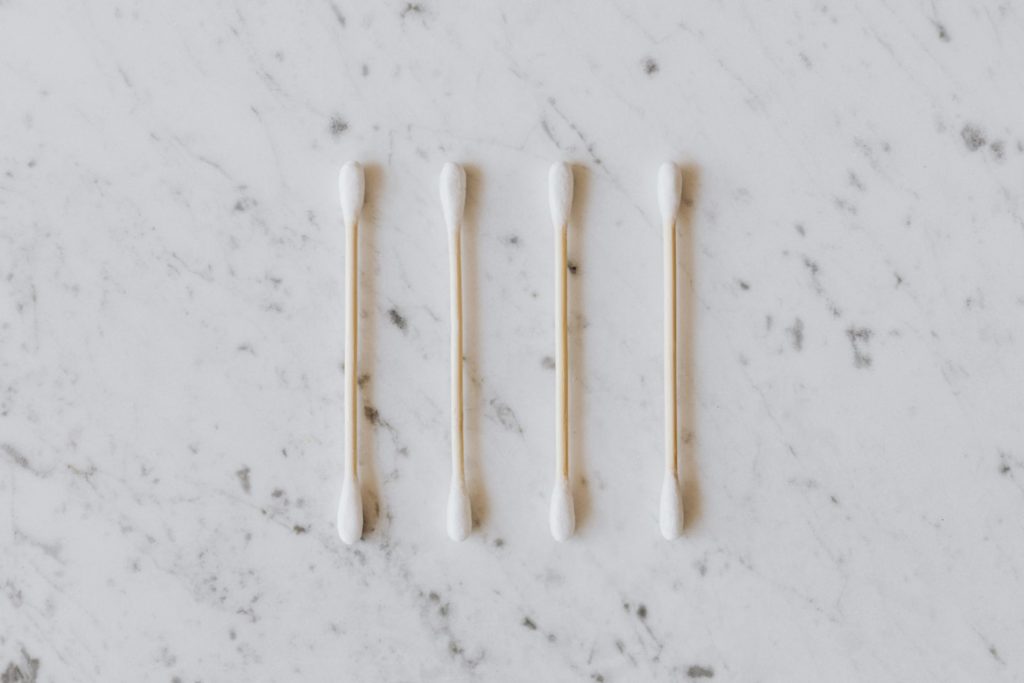Every day hearing health tips
With a few simple, mindful habits, you can help protect and preserve your hearing for years to come.

Our ears, and our hearing, are truly precious. They connect us to the people we love, let us enjoy our favourite music, alert us to danger, and help us experience the world around us. Yet, it’s all too easy to take them for granted. A little extra TLC can go a long way, and trust us, your ears will thank you for it.
The good news is that with a few simple, mindful habits, you can help protect and preserve your hearing for years to come. In this blog, we’ll share everyday tips to keep your ears and your hearing healthy and happy.
Protect your hearing in loud environments
The modern world is a noisy place, and it’s easy to forget just how much that noise can impact our hearing. Prolonged exposure to loud sounds even the ones we love, like live music can cause irreversible damage. Noise can also trigger tinnitus (a persistent ringing in the ears) and make us overly sensitive to everyday sounds.
If you regularly attend concerts or festivals, you’ve probably experienced that familiar post-show ringing; a sign your ears have been exposed to sounds that were too loud. Thankfully, protecting your hearing doesn’t mean giving up your favourite experiences. Custom hearing protection or high-quality noise-cancelling headphones can significantly reduce the risk of damage while still allowing you to enjoy the music you love.
Custom earplugs are especially popular among hearing specialists. Designed to fit your ears perfectly, they offer unbeatable comfort and protection against harmful noise levels all without distorting the sound.
It’s not just concerts and festivals that pose a risk, either. Many workplaces are full of harmful noise levels that can put your hearing and overall well-being at risk. Prolonged exposure to loud environments at work doesn’t just affect your ears; it can lead to increased stress, fatigue, and even difficulty concentrating, all of which can impact your health and productivity.
If you’re regularly exposed to high noise levels at work, it’s important to act. Speak with your employer about your concerns. In many countries, workplace safety laws require employers to provide proper hearing protection, like earplugs or ear defenders, as well as taking further steps to reduce noise where possible.

Avoid using cotton buds to clean your ears
Believe it or not, your ears are perfectly designed to clean themselves. Earwax might get a bad reputation, but it plays an important role keeping the ear canal healthy, trapping dust and debris, and protecting your eardrum from harm.
Despite the common myth, cotton buds are not the answer when it comes to ear cleaning. In fact, putting anything into your ear canal can do more harm than good. The skin inside your ear is incredibly delicate and can be easily grazed or irritated. Worse still, instead of removing wax, cotton buds often end up pushing it further down towards the eardrum, increasing the risk of blockages, infections, and even temporary hearing loss.
If you’re noticing signs of hearing difficulties, it could simply be down to a build-up of earwax. In that case, it’s best to leave it to the professionals. Microsuction is the safest and most effective method for removing ear wax. A gentle procedure where a tiny tool is used to carefully lift and vacuum away the excess wax, without damaging the ear canal.

Keep your ears dry
Keeping your ears dry is an important part of protecting them from infections, especially after swimming or bathing. When water gets trapped inside the ear, it can create the perfect environment for bacteria to grow, leading to painful conditions like swimmer’s ear.
Thankfully, preventing water-related ear problems is simple. Wearing earplugs designed specifically for swimming can help keep water out of the ear canal and stop bacteria in its tracks, letting you enjoy your time in the water worry-free.
After swimming or bathing, make sure to dry your ears thoroughly. A gentle technique works best, just tilt your head to the side to let any water drain out naturally and use a clean towel to softly pat around the outside of the ear. It’s important to resist the temptation to poke anything into the ear canal, even a towel, as this can push wax deeper inside or damage the sensitive skin of the inner ear.
Keep stress levels under control
When it comes to protecting your overall well-being, and your hearing, managing stress is key. High levels of stress and anxiety can take a real toll on the body, affecting your nerves, blood flow, and even body temperature, all of which can make you more vulnerable to conditions like tinnitus.
Fortunately, by taking simple, proactive steps to manage stress, you can help safeguard your hearing health. Building relaxation into your daily routine can make a real difference. Try experimenting with calming activities like listening to soothing music, enjoying a hobby you love, or unwinding with a warm bath or spa treatment. Find what helps you switch off and make time for it regularly.
By allowing yourself moments of relaxation, you can alleviate tension, improve blood flow, and reduce the risk of tinnitus.

Attend regular hearing tests
Just like your annual trip to the dentist, regular hearing tests should be a key part of your healthcare routine, especially once you’re over the age of 50.
Hearing assessments are vital for picking up any changes early, giving you the best chance to address any issues before they become bigger problems. Early intervention often means more effective treatment and better long-term outcomes for your hearing health.
Routine hearing checks also help us track any changes since your last visit, which is particularly important if you have a family history of hearing loss or medical conditions like diabetes that can affect your hearing over time.
If you’ve noticed any changes in your hearing or you’re feeling concerned about your hearing health, don’t hesitate to get in touch. Book an appointment with one of our expert audiologists for a full hearing assessment and health check.

